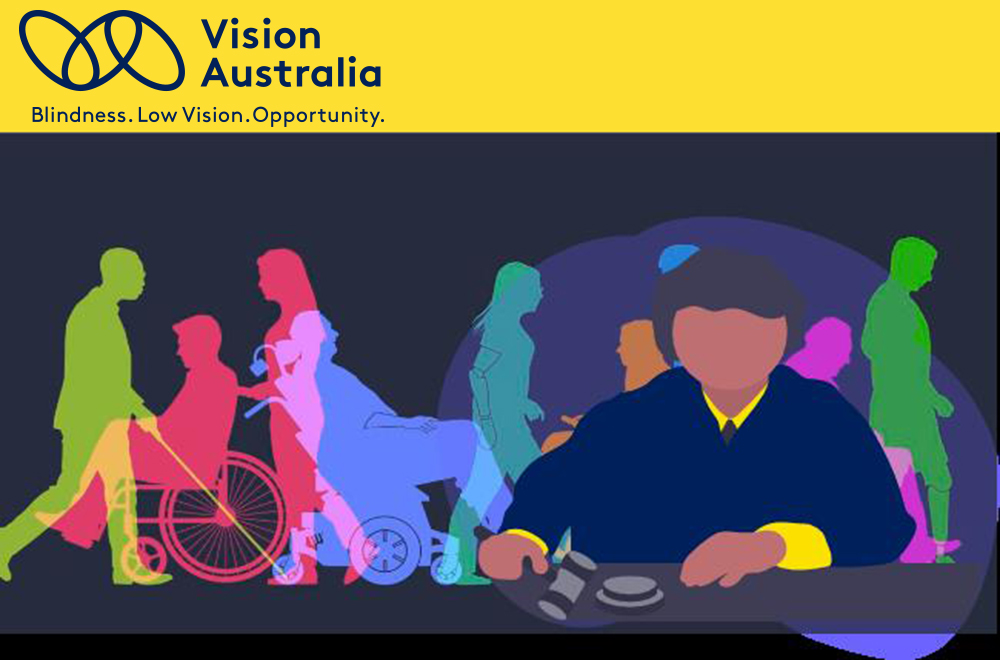Digital accessibility and the law is a hot topic right now. With thousands of digital accessibility lawsuits in the US are we just lucky in Australia with fewer here? Does that mean our level of compliance is better than elsewhere in the world? Are Australian businesses liable under US law regarding accessibility?
To help answer these questions Vision Australia is running a webinar via Zoom on October 22, from 12.30 to 1.30pm. Panellists include Laura Cottam from The Australian Centre for Disability Law and Digital Access senior accessibility consultant, Matthew Putland.
Please register for your place in the session, and email the Digital Access team if you have any specific accessibility requirements.
Why Digital Accessibility?
When it comes to the reasons why it is important for digital content to be accessible, there are a few approaches. But one that was very common a few years ago was the “Big stick” tactic. “Be accessible or you’ll get sued”. Digital Access consultant, Charlii Parker, will also discuss why the carrot is sometimes more effective than the stick.
Complaints are an opportunity to improve services and resources, making an organisation a more attractive option for people with disabilities. By hearing out, addressing and reporting back the resolution of accessibility issues to a complainant, the organisation shows that it cares about people with disabilities. This news tends to spread quickly throughout the disability community.
Addressing an accessibility complaint will not only support the complainant, but also everyone else who encountered the issue, including people who ended up blaming their own assistive technology or were already too exhausted from complaining.
Matthew Putland will also examine effective ways to be heard when making an accessibility complaint

